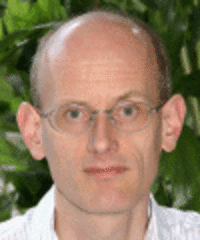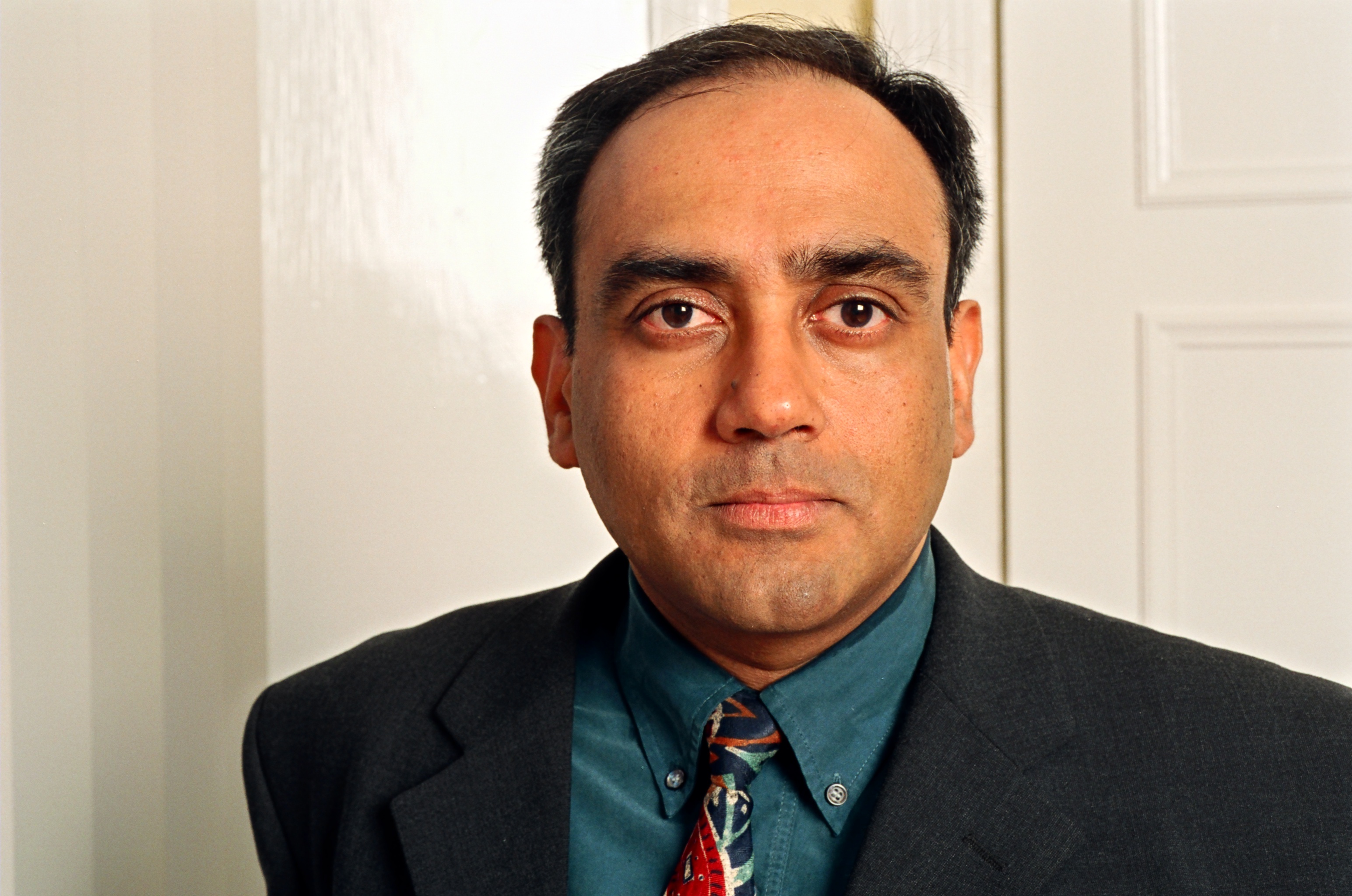|
Dr Lisa Amini
Distinguished Engineer |

|
|
Title: TBA Date: Friday 26 October 2012, 10:30-11:00am
Abstract: |
|
|
Prof. Alexander Verbraeck
Delft University of Technology |

|
|
Title: Highly Realistic Simulation Models of Complex Systems Towards Star Trek's Holodeck Date: Thursday, 25 October 2012, 09:00-10:00am
Abstract:
|
|
|
Prof. D. K. Arvind
Chair in Distributed Wireless Computation |

|
|
Title: Speckled Computing Date: Friday 26 October 2012, 8:00-9:00am Abstract: A specknet is a wireless network of autonomous specks which provides one or more services: each speck is capable of sensing and is programmed to process this data, and a collection of specks collaborate to extract information from the sensed data in a distributed manner. Specknets link the physical world of sensory data with the virtual world of network of computers. Specknet on the person with appropriate sensors can, for example, monitor movement and physiological conditions, and in turn infer the state of his/her well-being and act on this information either locally or via the internet. Computation with specknets, or Speckled Computing, affords new modes of interaction with the digital world, in which the physical world is the primary site of interaction. The talk will give an overview of Speckled Computing, and will be illustrated with examples of applications in healthcare, digital media and environmental monitoring developed over the last decade. The research challenges in modelling and simulation of specknets and their applications will be highlighted. |
|